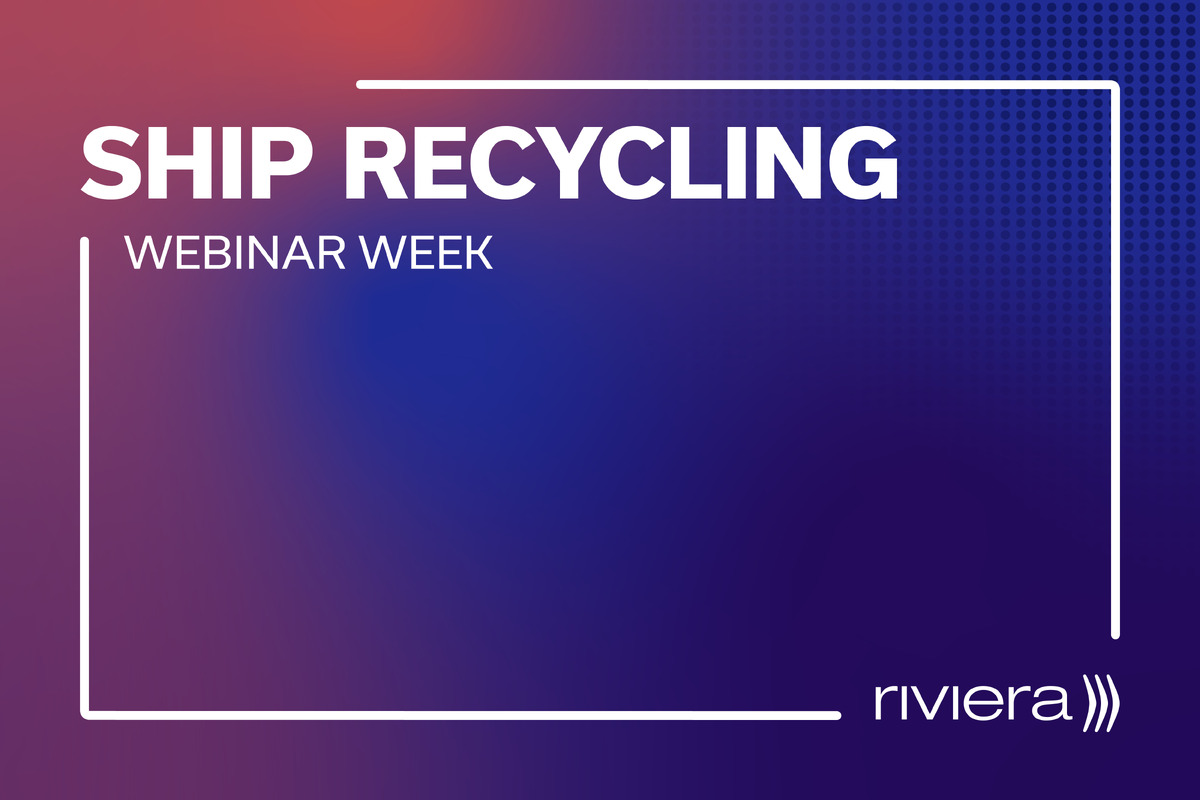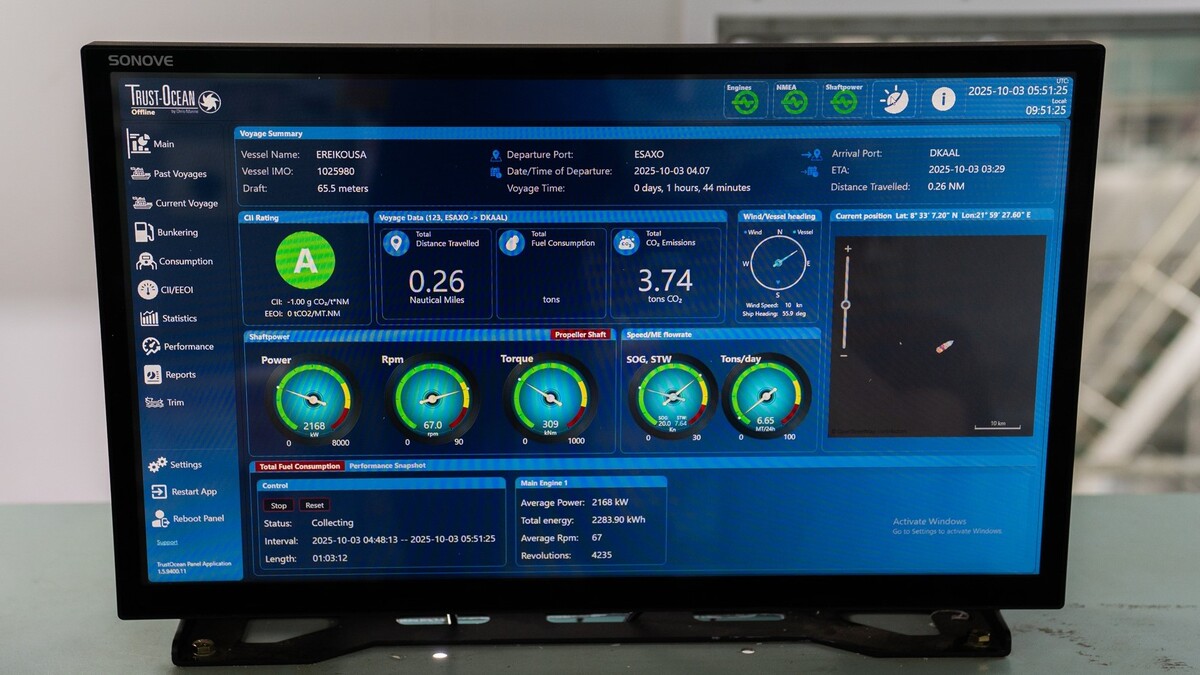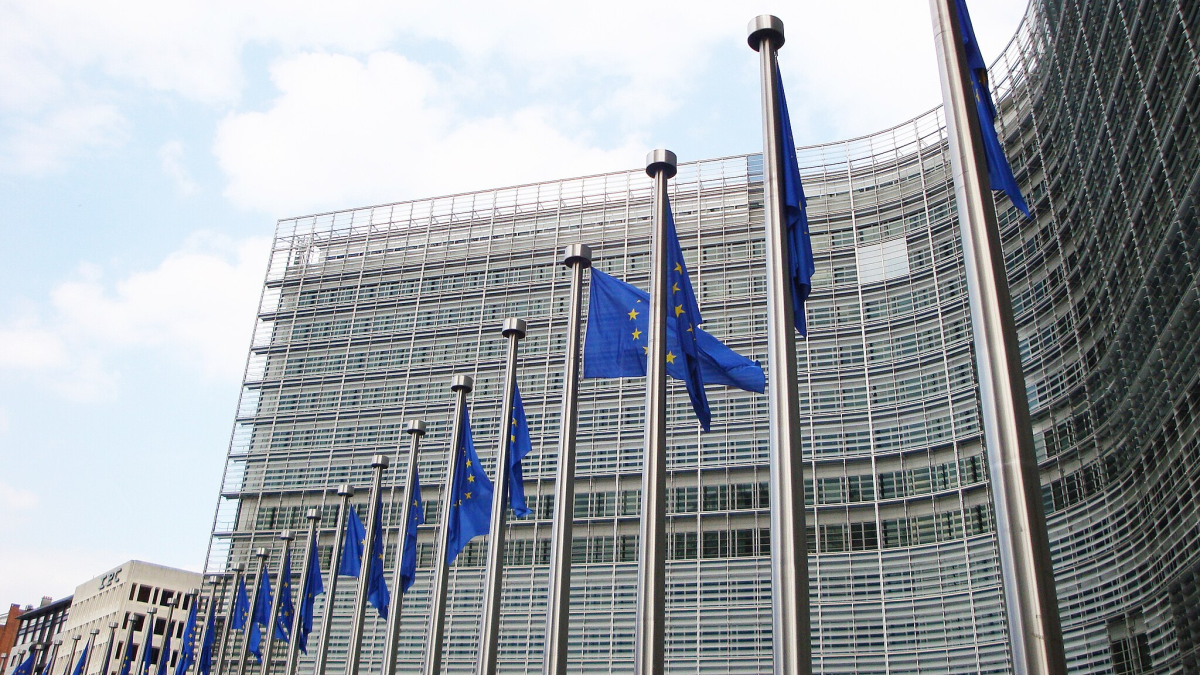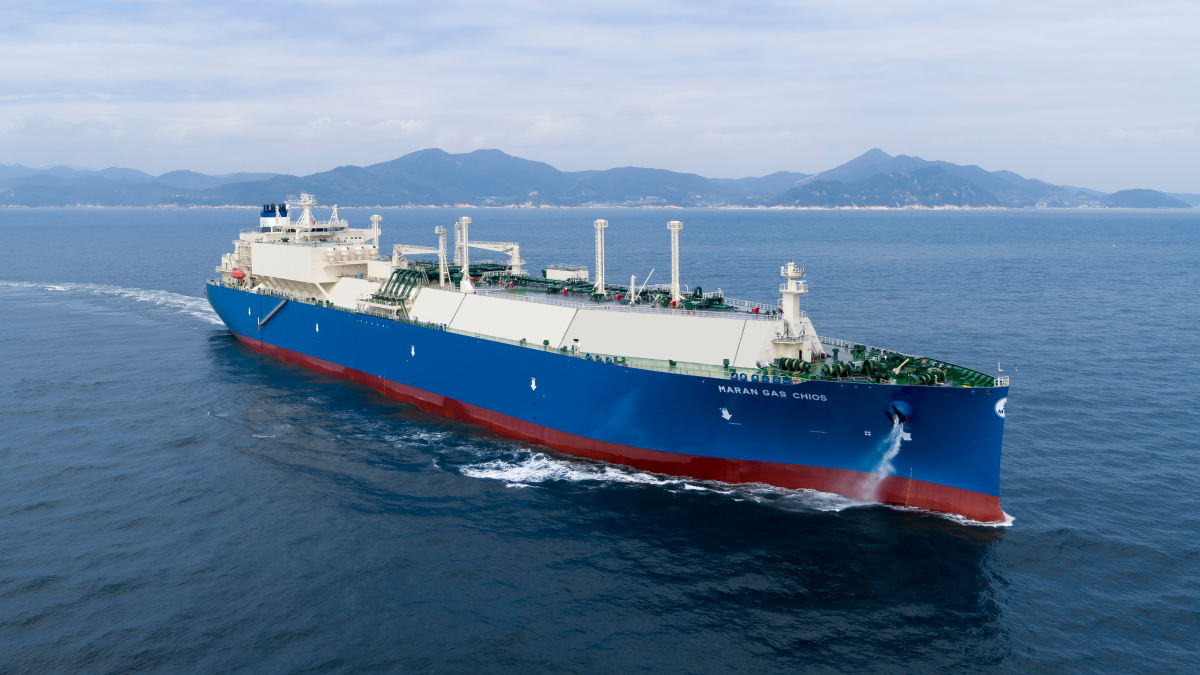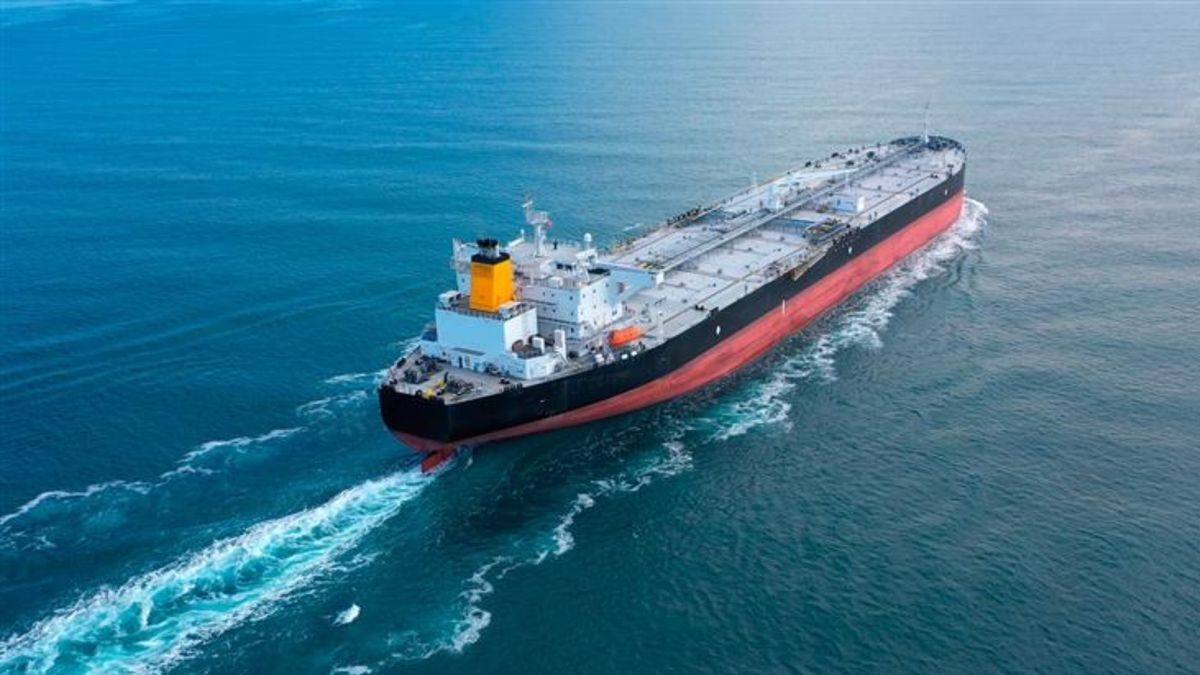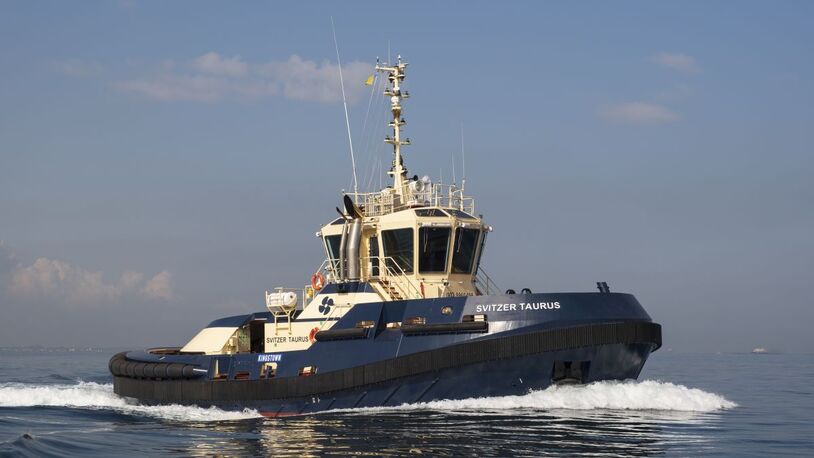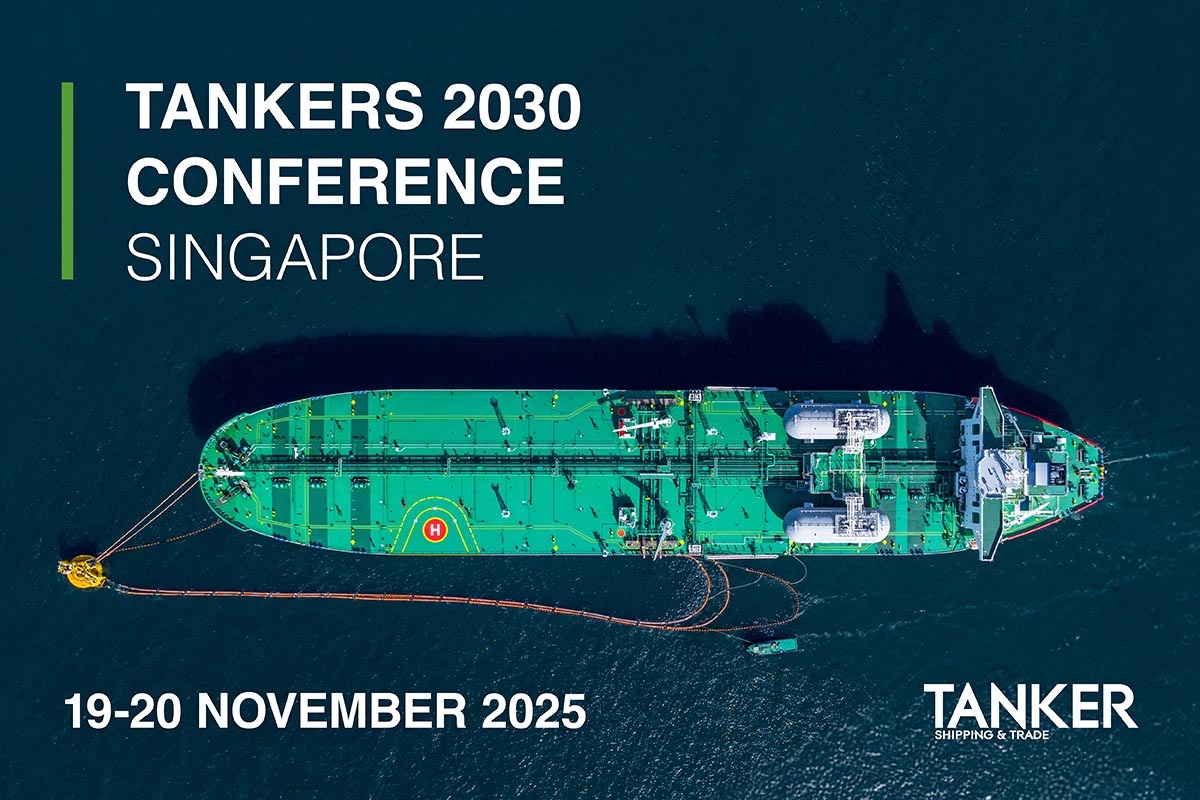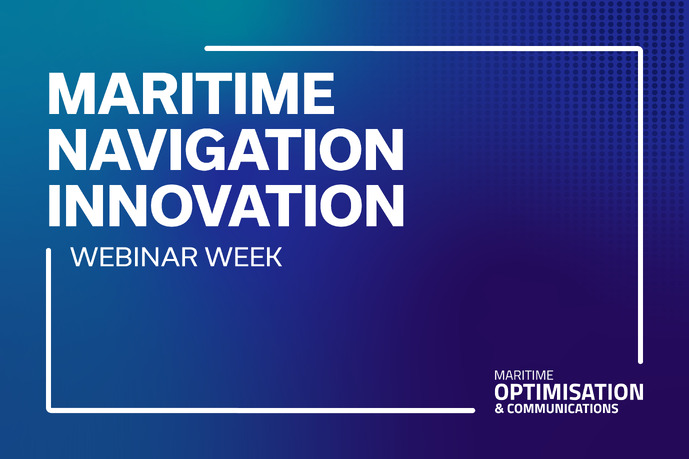Business Sectors
Events
Ship Recycling Webinar Week
Contents
Shipowners: 'industry needs clarity' on IMO and regional fuel and emissions policies
International shipowner and fuels lobbies are pressuring IMO to clarify incentives in the Net-Zero Framework for shipping and asking regional regulators to ensure conformity with global rules
The European Community Shipowners’ Associations (ECSA) is urging the EU Commission to prioritise a review of FuelEU Maritime and EU ETS regulations to bring them in line with International Maritime Organization regulations when IMO adopts the Net-Zero Framework.
In an open letter to the European Commission, the European Community Shipowners’ Associations, and in particular, the Clean Maritime Fuels Platform of lobby groups are urging the EU body to both push for adoption of the IMO’s Net-Zero Framework (NZF) of emissions regulations at the scheduled extraordinary session of the Marine Environment Protection Committee, later in 2025, and to bring EU policy into line with that eventually agreed by IMO member states.
Calling the event of IMO adopting the NZF an "opportunity to develop a robust European industrial base for clean maritime fuels," the Clean Maritime Fuels Platform, made up of European shipowners and proponents of fuels including e-fuels, biofuels, hydrogen, methanol and conventional and renewable fuel industries, said the IMO NZF agreement and its expected inclusion of a carbon pricing measure, would create a significant demand hike for renewable and low-carbon fuels, internationally.
ICS asks for clarity
The International Chamber of Shipping (ICS), which calls itself the global trade association for shipowners and operators and claims to represent more than 80% of the world merchant fleet, penned a similar letter, asking IMO for ’clarity, simplicity and detail on rewards’ contained in the NZF legislation.
Calling on IMO member states to formally adopt the IMO NZF in October ’to send a clear signal to industry’, the ICS said it has put forward various submissions related to NZF policy wording, for consideration at IMO, including a request to "replace the word ‘may’ with ‘shall’ to ensure a clearer signal is sent to the market".
"Shipowners still have real concerns about how complicated the new rules could become, especially smaller to medium sized companies, who may struggle with compliance costs. So far, the focus has been on the penalties for emissions (‘the sticks’), but clear incentives (‘the carrots’) for cleaner fuels will be just as important. It is these incentives that will motivate fuel producers to deliver the new fuels and infrastructure that will enable shipping to meet the targets," the ICS letter said.
Ensuring conformity between regional and international fuels and emissions regulations
On the subject of consistency between regional and international regulations covering shipping emissions and low- and zero-carbon fuels, ICS said it has responded to the EU Commission’s consultation encouraging them to replace the EU ETS with the IMO NZF as soon as it is adopted. "Clear and simple rules are essential for shipping to successfully and quickly transition to net zero," the ICS said.
And, similarly, according to the Clean Maritime Fuels Platform "Once the IMO agreement is adopted, the Commission must, as a matter of priority, initiate a simultaneous and co-ordinated review of FuelEU Maritime and EU ETS to ensure a full harmonisation with the IMO measures considering the high ambition of the IMO agreement," the letter said.
"Shipping will be the first sector to have a globally agreed binding carbon-pricing mechanism. The transition of international shipping to net zero is expected to further increase demand for renewable and low-carbon fuels at international level. Thus, the IMO measure will be an opportunity for the European energy producers to make these fuels available in the market as long as the necessary investments are made."
The Clean Maritime Fuels Platform letter claimed that building a supply chain for renewable and low-carbon fuels in Europe is a priority for EU-based fuels producers to remain competitive and noted renewable and low-carbon fuel projects face "significant uncertainties that deter public and private investment".
Among the uncertainties listed by the clean maritime fuels group were technological risks and high upfront capital requirements that disadvantage first movers, along with higher production costs of renewable and low-carbon fuels than conventional fuels.
"These factors create high financial risks and uncertainty that may be insurmountable without more tailored public support than what the current EU Hydrogen Bank and ETS Innovation Fund schemes provide," the letter said.
The lobby group said the upcoming EU fiscal package known as the Sustainable Transport Investment Plan (STIP) offered a chance to amend or reinforce its linked legislative policies.
"We call on the Commission to develop dedicated maritime funding windows for the production, distribution and uptake of clean, safe and affordable maritime fuels to decarbonise this hard-to-abate sector in its upcoming STIP. The measures should be short-term and scaleable," the letter said.
Among other requests, the Clean Maritime Fuels Platform asked the EU Commission to include renewable and low-carbon fuels and technologies for shipping in the scope of the STIP and to use the STIP to "derisk investments" through the use of revenues from EU and national Emissions Trading System (ETS).
"A requirement to direct the national ETS revenues from shipping in the maritime sector should be introduced in EU law, as long as the shipping sector continues to pay for its emissions under the EU ETS. National ETS revenues should be invested in the uptake of clean maritime fuels and clean maritime technologies. This should result in a ramp up of manufacturing capacity in Europe," the group said.
In September 2024, at Riviera’s Maritime Decarbonisation Conference, Europe, senior IMO and EU representatives agreed that global regulations are preferable versus a patchwork of regional regulations, so long as the ambitions of both groups align.
European Commission policy officer Peter Czaga introduced the EU Commission’s position on the matter in his discussion of the FuelEU and Emissions Trading System (EU ETS) for maritime that are encapsulated within the EU’s Fit for 55 regulatory package.
"It’s true. We believe in the priority of a global (regulatory) regime," Mr Czaga said, noting that the bloc’s stance comes with imporant provisos.
"A number of categories have to be met in terms of ambition and targets… we want to be sure these regulations have teeth," he said.
Asked whether the EU would consider removing its current regulations if IMO establishes its own regulations similar to the EU ETS and Fuel EU maritime, Mr Czaga said EU policymakers priority is the IMO and creating a global regulatory instrument that is universally applied to the global shipping industry.
Riviera’s Maritime Decarbonisation Conference, Europe will be held in Amsterdam Schipol Airport, 30 September to 1 October 2025. Click here to register your interest in this industry-leading event.
Related to this Story
Events
Ship Recycling Webinar Week
International Bulk Shipping Conference 2025
Tankers 2030 Conference
Maritime Navigation Innovation Webinar Week
© 2024 Riviera Maritime Media Ltd.
